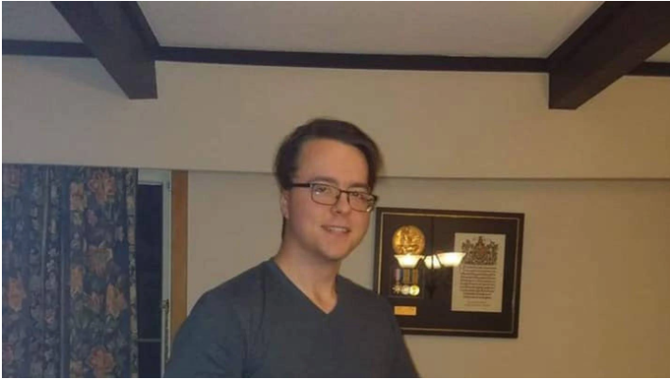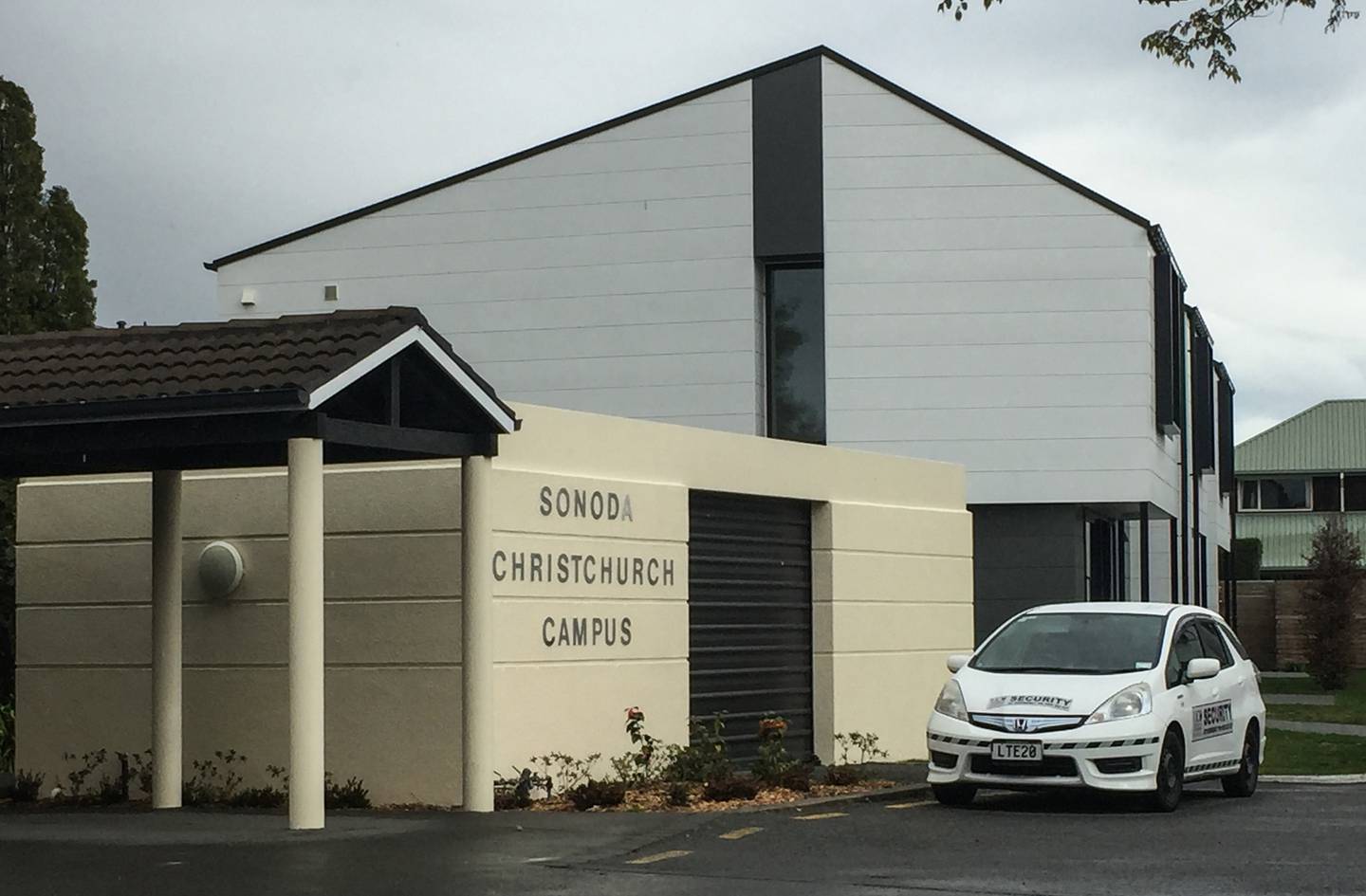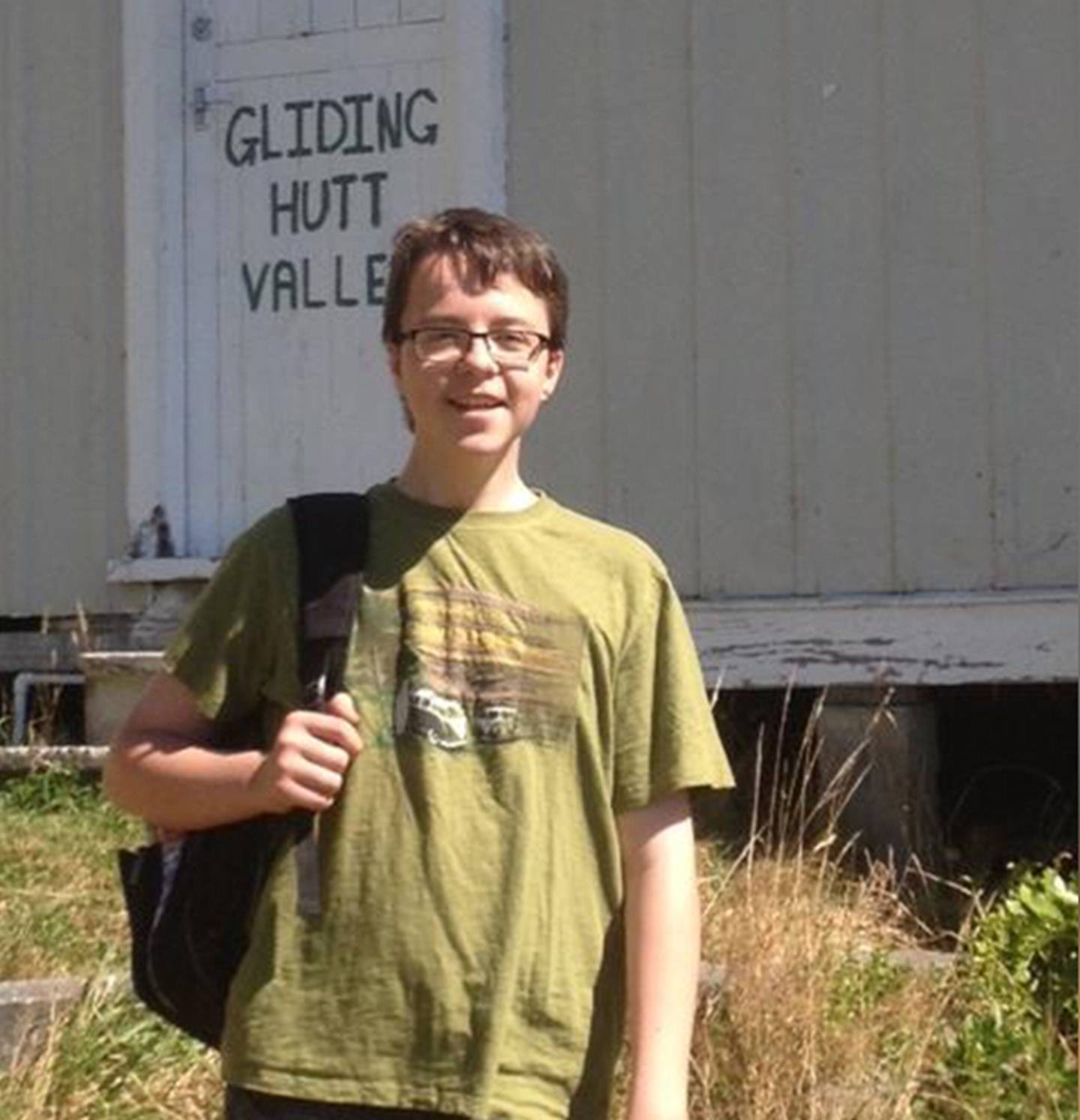
A final Coroner's report has been released into the death of a Canterbury University student who was found weeks later in his dorm room.
And while the cause of Mason Pendrous' death will never be determined, it's hoped that sweeping changes - both in education policy and law - will prevent future tragedies and bring comfort to his loved ones.
Mason Drake Pendrous died in his room in the Hinoki building of the University of Canterbury's Sonoda Campus between August 26 and September 10, 2019.
But the body of the 19-year-old commerce student was not found until September 23.
Coroner Sue Johnson released preliminary findings in December 2019 and ruled that the delay in finding Mason's body and the degree of decomposition meant that the cause of his death could not be properly determined.
Her complete findings into Mason's death can be made public today, though a significant amount of detail has been permanently suppressed to protect his and other's privacy.
"Much of the information I have received focuses on the reasons why Mason's death remained undetected for so long," she said.
"While the delay in discovering Mason's body is a deeply regrettable aspect of this case, I have reminded myself that the purpose of my inquiry is to establish as far as is possible the cause and circumstances of Mason's death - and that the events which followed his death are outside my jurisdiction."

University of Canterbury's Sonoda Christchurch Campus accommodation where Mason Pendrous was found dead in September 2019. Photo / Kurt Bayer
Coroner Johnson noted that the delay in discovering Mason's body had already been the subject of an "extensive independent investigation" led by former High Court judge Kit Toogood QC at the request of Canterbury University.
He concluded that the principal reason for the delay in discovery was that Mason's apparent absence was not noticed by any fellow residents or staff.
"However, there is nothing to indicate that these factors or any other actions or omissions by (staff) clearly contributed to Mason's death, nor evidence to support a finding that his death could have been prevented by increased monitoring or other interventions by them," ruled Coroner Johnson.
"As it is not known whether Mason died suddenly or was possibly ill over a period of time, there is no way of knowing whether his death may have been prevented had he been checked on more frequently."
"In my view the weight of evidence leans towards Mason's death arising from unascertained natural causes, which may have been either a sudden medical event or a more slowly developing illness.
"While other causes cannot be entirely ruled out, I consider this most likely."
She also addressed Mason's "online activity" which in the lead-up to his death had taken up his time "to the exclusion of almost every other aspect of his life".
She said she could not directly attribute that to his death and did not want to "delve too far into the potential dangers of computer game addiction" as there was no evidence it was a contributing factor in the tragedy.

Mason Pendrous was found dead in his room at a University of Canterbury residential dorm. Photo / Supplied to RNZ
However, she acknowledged several young males had died overseas after "extended periods of gaming without adequate breaks".
"Most commonly, the cause of death was cardiac arrest or stroke considered to have been triggered by exhaustion – both of which could not be ruled out as a cause of death for Mason," said the Coroner.
She noted a number of changes had been made as a result of Mason's death - both at the University of Canterbury and within legislation in the education space.
The university had made a number of changes focused on improving the pastoral care available to all its students - particularly first-year students and those living on campus.
Coroner Johnson said considering those, and the extensive Toogood report, she could make no further recommendations.
There was simply no evidence to show Mason's death could have been prevented by earlier intervention from the university or Sonoda staff.
And checks by his dorm adviser or friends would have "undoubtedly" found his body sooner but, again, there was no evidence that would have prevented his death.
Coroner Johnson hoped it was "of some comfort" to Mason's family that his death had sparked meaningful and important change.
"As a result of the widespread public concern at his death and particularly the delay in his discovery, a number of long-term changes have been implemented to improve the pastoral care of all tertiary students in New Zealand," she said.

Former High Court Judge Kit Toogood QC investigated the death of Mason Pendrous for the University of Canterbury. Photo / Kit Toogood
Further, following Mason's death Education Minister Chris Hipkins conceded there were "gaps and inconsistencies" in the approach to the pastoral care of tertiary students.
As a direct result the Education Act was amended to create a new mandatory Code of Practice setting out clearly the duty of care required of tertiary providers.
Significantly, the amendment creates an offence for breaches of the code resulting in serious harm to or the death of a student, with penalties up to $100,000.
An interim code of practice applied to all tertiary education providers from January 2020 and a permanent code is due to take effect from January 2022,.
"As it stands, I am satisfied the draft code represents a robust and long overdue change to ensure the wellbeing and safety of all tertiary students in New Zealand," said Coroner Johnson.
She hoped that Mason's death, paired with the Covid-19 pandemic, had made all New Zealanders "more aware of the need to check on each other".
"And be less inclined to think it would be an intrusion to do so," she said.
"A simple 'how are you doing?' is now the expectation, not the exception, and kindness is encouraged.
"I would like to think that all of us, and particularly relevant to this inquiry, that all students, will be now taking this approach and helping to keep an eye on each other."
She offered her condolences to Mason's family and friends, saying while the full circumstances of his tragic demise would never be known, the change that came after was positive.
"I hope they will take some comfort from the legislative changes that have resulted from the shock and concern over his death," she said.
"I am hopeful that these changes will make a positive difference to the experience of all tertiary students in New Zealand.
"Mason, who was so excited to begin his life at university, would no doubt have been proud of his lasting legacy."
Mason was born in England, but immigrated to New Zealand at age 4 with his mum Michelle, step-dad Anthony and biological father Steve.
He was just 14 when his mother died.
Take your Radio, Podcasts and Music with you









